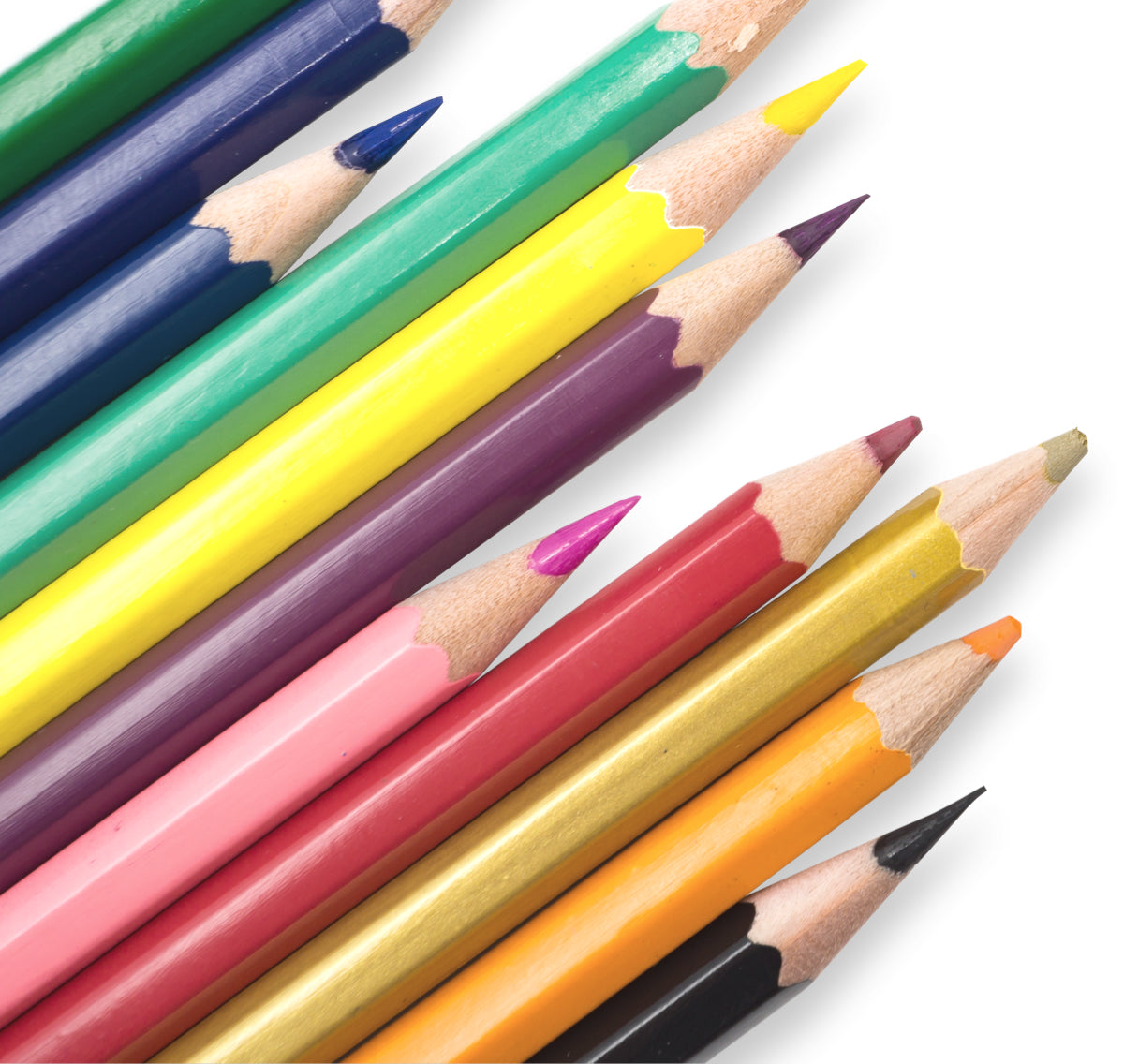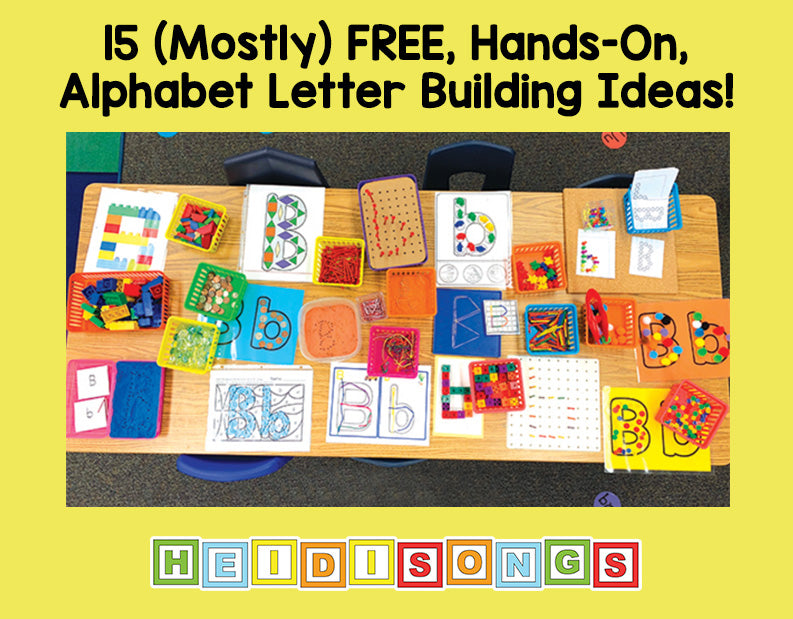

Here is a fun new learning center that will give your students practice matching alphabet letters to beginning sounds, while at the same time strengthening their fine motor skills! I call this center “Beginning Sounds Flags and Tags!”


The main idea is that the children are matching up alphabet letters with pictures of their associated beginning sounds, such as matching the letter “d” with a picture of a duck, and matching the letter “a” with a picture of an alligator, etc.

I got these small pictures from the flash cards that are included in our new Alphabet Workbook Volume Two: Worksheets and Flash Cards for Learning the Letter Sounds and Writing the ABC’s. This new workbook includes four workbook pages, plus six beginning sound flash cards for each letter in two sizes. I am now using the smaller sized flash cards (they are about one inch square) to create lots of new learning centers for practice in the alphabet and beginning sounds! You can grab some free sample sheets to download and try this center out right here!

To use the flags on toothpicks idea with preschoolers or pre-kindergartners, you may wish to eliminate the bottles and the tags that go around the necks and simply have the children poke the toothpicks into some pool noodles, which are softer. The softness of the pool noodles will allow even very young children to insert the toothpicks with the beginning sound flag pictures into them, while still requiring that they use their pincher fingers to grasp and hold the toothpicks. This translates into better pencil control in the future!

Children who are older, or who have slightly stronger fingers (or more well developed fine motor skills) can try to insert the toothpicks into corks! You can do this easily without buying the little jars if you like. Just get some corks from a craft supply store, or save them yourself after you enjoy a bottle of wine! You can even ask parents from your class to save them for you.

In case you can’t quite tell, I put a small alphabet bead inside each little bottle, along with a squished up water bead, just for fun! Then I sealed the bottles with a cork. I got the little bottles at the CreationStation, although I don’t see them for sale at the moment on their site. (You may have to call them to find out if they have still have them.)

Learning to take the tag that was attached to the small rubber bands and wrap them around the necks of the bottles was an interesting fine motor challenge for my students last year when I tried this out for the first time! They really enjoyed it, but many of them had to really think about it how to go about it. If they put the toothpick flag on first, then that made it really hard, if not impossible, to put the rubber band tag around the neck of the bottle! One child needed a friend to hold the bottle down for him while he wrapped the rubber band around the bottle each time. Another held the bottle between his legs! It was really fascinating to watch them figure out the best way to grapple with this problem.

I got the rubber bands at the local dollar store; they are the kind that are meant for styling your hair! That was the cheapest thing I could find. I just printed out the flash cards from our new Alphabet Workbook Vol. 2, laminated them, punched a hole, pulled a rubber band through it and looped the end of it through, just like you do when you attach a luggage tag.

The biggest problem with these cheap rubber bands is that they are CHEAP!!! They break pretty easily. If you can afford to get better ones and you think you will be using this type of learning center a lot, then get better rubber bands! They just need to be tiny.

My kids really loved this center, and I was surprised that nobody seemed to care very much that opening up the little bottles was forbidden! They had already had a chance to play with the water beads anyway, so they knew what was inside.

You may be wondering about the obvious question next: Did any of the little glass bottles break? Why yes, as a matter of fact, they did! I dropped the bag of little bottles onto my tiled floor at home, and that’s when I realized that this may be a problem! I opened the bag up, and saw that two of them were broken! But in class, one of the children just dropped one on the tiled floor, and it did indeed break. After that, we moved the center over to the carpeted floor and had no problems with breakage there.

For more information about our new Alphabet Workbook Vol. 2, just click on the link to visit our website! And don’t forget to check out the Alphabet Workbook Vol. 1 also; the focus of that one is visual discrimination between letters. (That’s a fancy way of saying that it helps children practice telling one letter apart from another that may look alike!) The really GREAT practice worksheets in this particular workbook are called the Hidden Alphabet Worksheets. They are a HIT, just like our Hidden Sight Word Worksheets, that’s for sure!
If you enjoyed this blog post, be sure to follow HeidiSongs by email feed by checking at the top of the side bar, or follow using Bloglovin’ or some other type of email reader. Don’t forget to follow Heidi on Pinterest, Facebook, Twitter, Google+, and subscribe to our channel on YouTube, too!
















